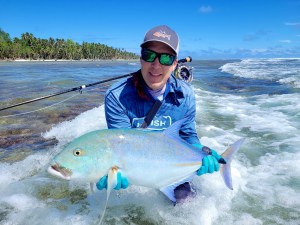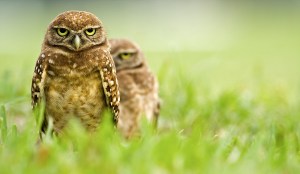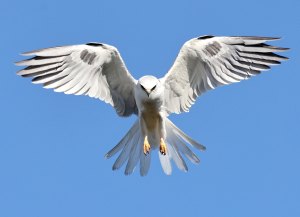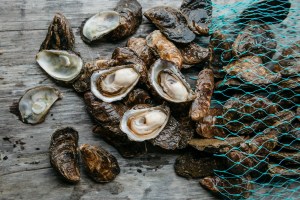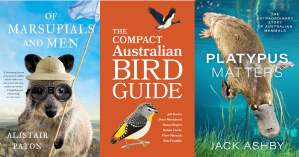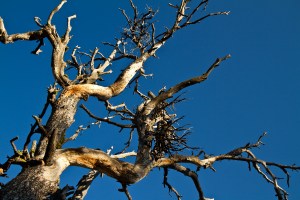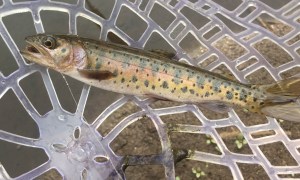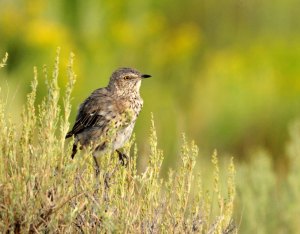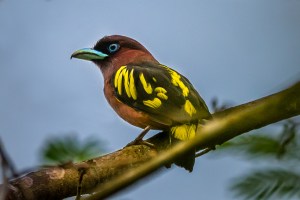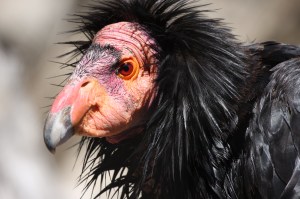Discover stories in Geography
Palmyra’s Fishing for Science Program Tags 1,000th Fish
Launched in 2018, the program tagged its 1000th fish on December 5, 2022—a significant milestone in a challenging environment.
A Rancher’s Owls
On the flooded grasslands of Colombia, one rancher found a way to have it all. Including burrowing owls.
A Field Guide to Unusual Raptors of the Southern US
These nine unusual raptors are found only in the south and southwestern US, from Arizona to Florida.
Can We Save the Olympia Oyster by Eating It?
Conservation aquaculture offers hope for oyster populations.
Three New Books for Australian Nature Nerds
Every Sunday — after I do the grocery shopping and buy veggies at the local farmer’s market — I go […]
Witches’ Broom and the Conservation of “Ugly”
Should we kill trees because they’re ugly? At one point, conservationists did.
Edge of Field Practices Enhance Benefits to Farmers and Nature
Ohio farmer takes a whole-farm approach to conservation During heavy spring rains, Allen Dean watched a 60-foot tree float down […]
For the Love of Cutthroat Trout
Why go to the trouble to catch 8-inch trout in remote streams?
Cool and Overlooked Critters of the Sagebrush Sea
Move over sage grouse: here are 9 other cool critters of the sagebrush-steppe.
The Logging Industry Can Help Protect Tropical Birds
Well-managed logging concessions can play a critical role in species conservation. A new study quantifies the conservation responsibility of the […]
Make Lithium Extraction in the U.S. “Smart from the Start”
While the U.S. has potential to be a global lithium producer, careful planning will be required to avoid and limit damage near potential extraction sites.
Condor Spotting: Wildlife Watching and Optimism
Searching for California condors is a lesson in hope.
